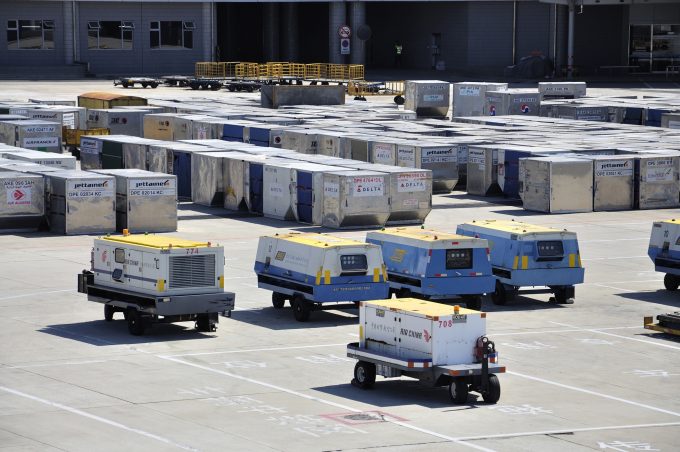Zim signs long-term charter deals for ten new 11,500 teu ships
Israeli container shipping line Zim has announced long-term charters for a series of ten new ...

Forwarders are warning shippers to expect a raise in air freight rates as the market remains strong.
“Carriers are looking to maintain high rates and increases,” said one senior air freight forwarder.
“Customers have experienced low rates for so long that these have become the norm. But they are no longer realistic or acceptable, as carriers seek to maintain positive balance sheets.”
Another added that the strength of the market was giving carriers the confidence to increase pricing, but that it wasn’t a ...
Amazon pushes into LTL for small package fulfilment and UPS does a u-turn
New senior management for DSV as it readies for DB Schenker takeover
Volumes set to 'fall off a cliff' as US firms hit the brakes on sourcing and bookings
Asian exporters scramble for ships and boxes to beat 90-day tariff pause
Temporary tariff relief brings on early transpacific peak season
'Tariff madness' will prompt renegotiation of ocean shipping contracts
Forwarders 'allowing the fox into the chicken run' by supporting 'hungry' carriers
Response to tariffs by Chinese importers may see extra costs for US shippers


Comment on this article